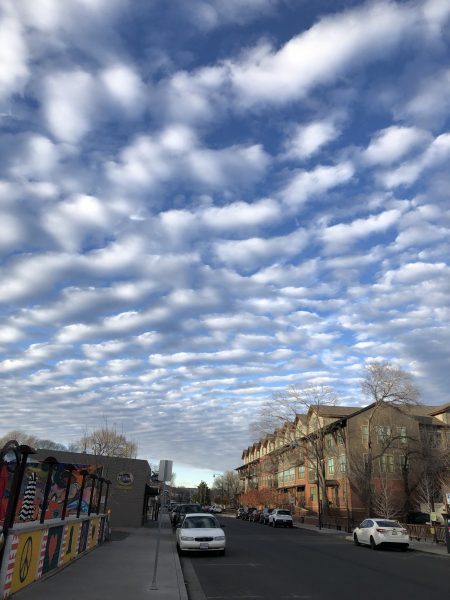It was a Saturday afternoon in February 2019 when I received a message from Dr Vera da Silva from the National Institute for Amazonian Research inviting me to have dinner at her place with some visiting researchers. My plan for that night in Manaus, Brazil, was to have some friends at home before joining the biggest and wildest (and most famous) street party in Brazil, Carnival. For some reason, that invitation seemed more important than usual, and Carnival was postponed for a few hours so I could join this “scientific” dinner. My intuition about it was just right, the combination of Vera’s kind invitation with the presence of Dr Buck in Manaus generated a fruitful and pleasant scientific partnership which have resulted, among other things, in the RCN lab exchange at Buck Lab, Northern Arizona University in Nov-Dec 2021.
I was very thrilled when I read the news that Brazilians were finally allowed to enter The US under special circumstances (given the COVID pandemic), like people with student and exchange visas. I waited for a while until the RCN lab grant approval came and I could arrange my travel to US. Ultimately, I was going to be able to learn the techniques of extracting and measuring hormones from baleen! Not only that, I was also granted with a travel support to attend the RCN g2p2pop workshop “Accessing High-Throughput Genomic Approaches” at the Broad Institute in Cambridge, Massachusetts just before the lab exchange.
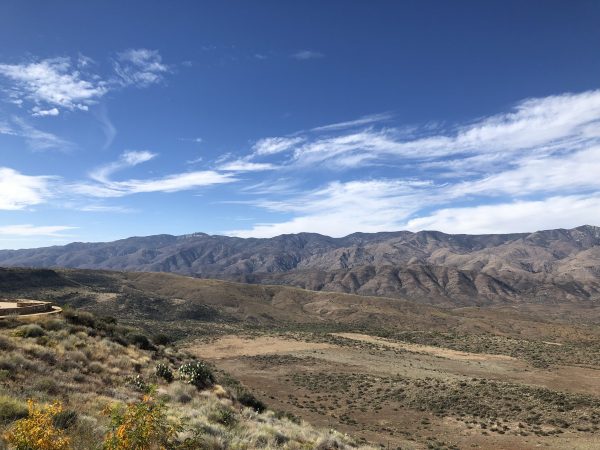
I arrived in Flagstaff from Brazil on November 6th after traveling for 24 hours. 12 hours later, I was on my way to Boston. After another 16 hours of traveling, I finally arrived at the Irving House in Cambridge at 1:30 am. The workshop overall was very interesting, it was amazing to hear those incredible genetic experts while I was setting my brain to English speaking mode.
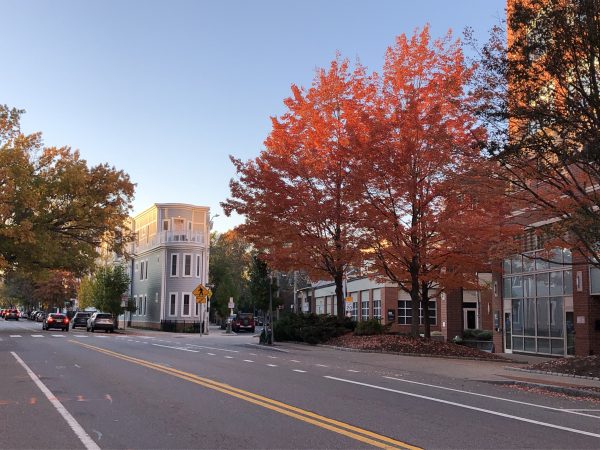
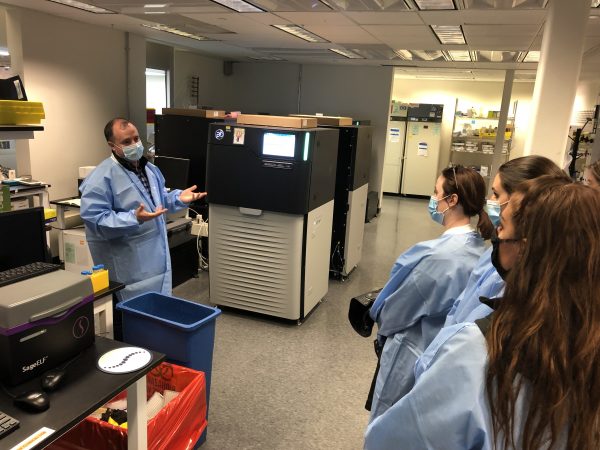
Back to Flagstaff I was hosted by Dr. Loren Buck, Dr. Alejandro Ajó and Danielle Dillon, to arrange my lab activities. The initial plan was to work with Sei whale’s baleen, but the scientific permit to work with them was not completely issued, preventing us from working with these precious samples at that moment. However, Dr. “Ale” brought up an excellent alternative, which was to work with baleen from Gray whales stranded on the coast of Oregon. That sounded very exciting, as I would be able not only to learn baleen techniques, but also follow all the steps from extraction to getting hormone results and physiological interpretation of this beautiful collection of samples. The lab training went smoothly the following days, Dr. Ale showed me all the steps of powdering and hormone extraction. The preliminary results showed really interesting information (sorry, no spoiler!). Danielle, the lab manager, also shared a little bit of her vast knowledge of hormone data treatment and interpretation.
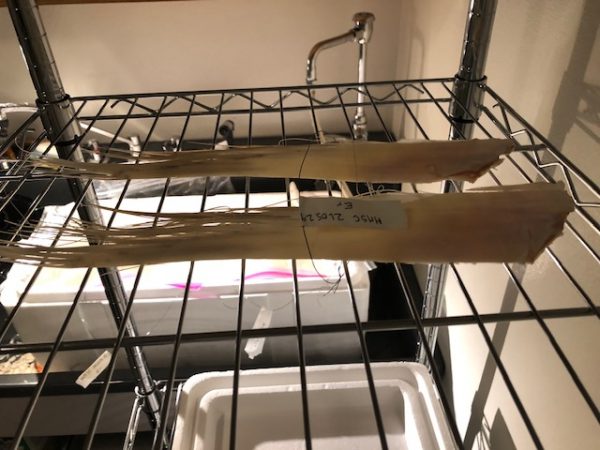
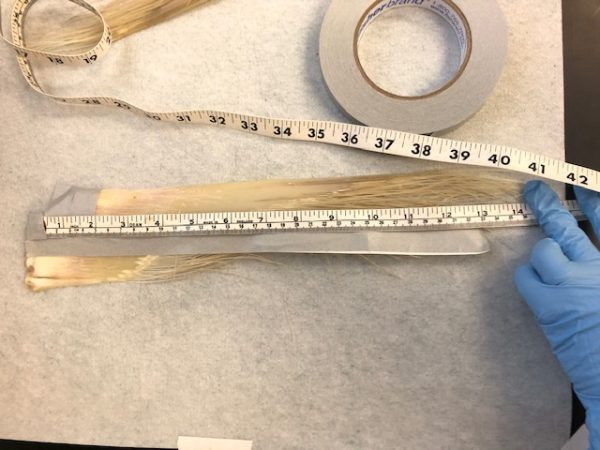
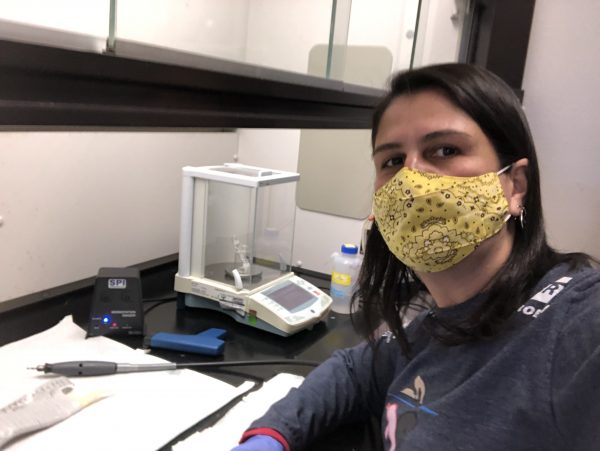
I can say all my days in Flagstaff were very pleasant! Early in the morning I could appreciate the beautiful view of the city, especially the sky, no matter at which direction I looked. Despite the intense work schedule, I had the chance to explore a little of the surroundings with Dr. Ale, like the beautiful Sedona area. In other occasions, I explored downtown or had a refreshing beer with the lab fellows at the local Flagstaff breweries (very nice beer, I recommend it!).
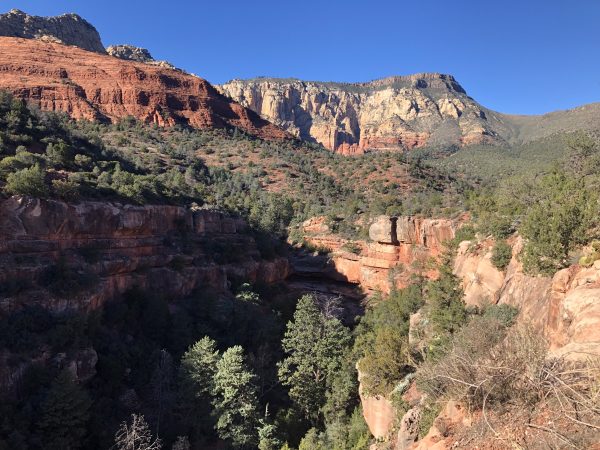
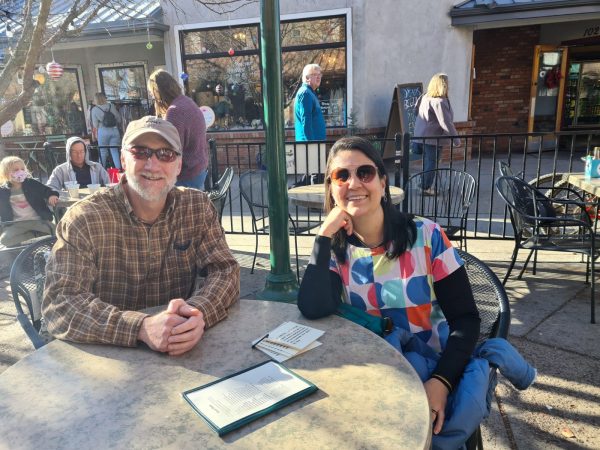
All the acquired life experience and scientific knowledge during my RCN lab exchange will serve my personal and professional life. The learned lab techniques on baleen will be put into practice during my Postdoc project in 2022. I couldn’t be happier and more thankful to all the people from Buck Lab, especially Dr. Buck.
